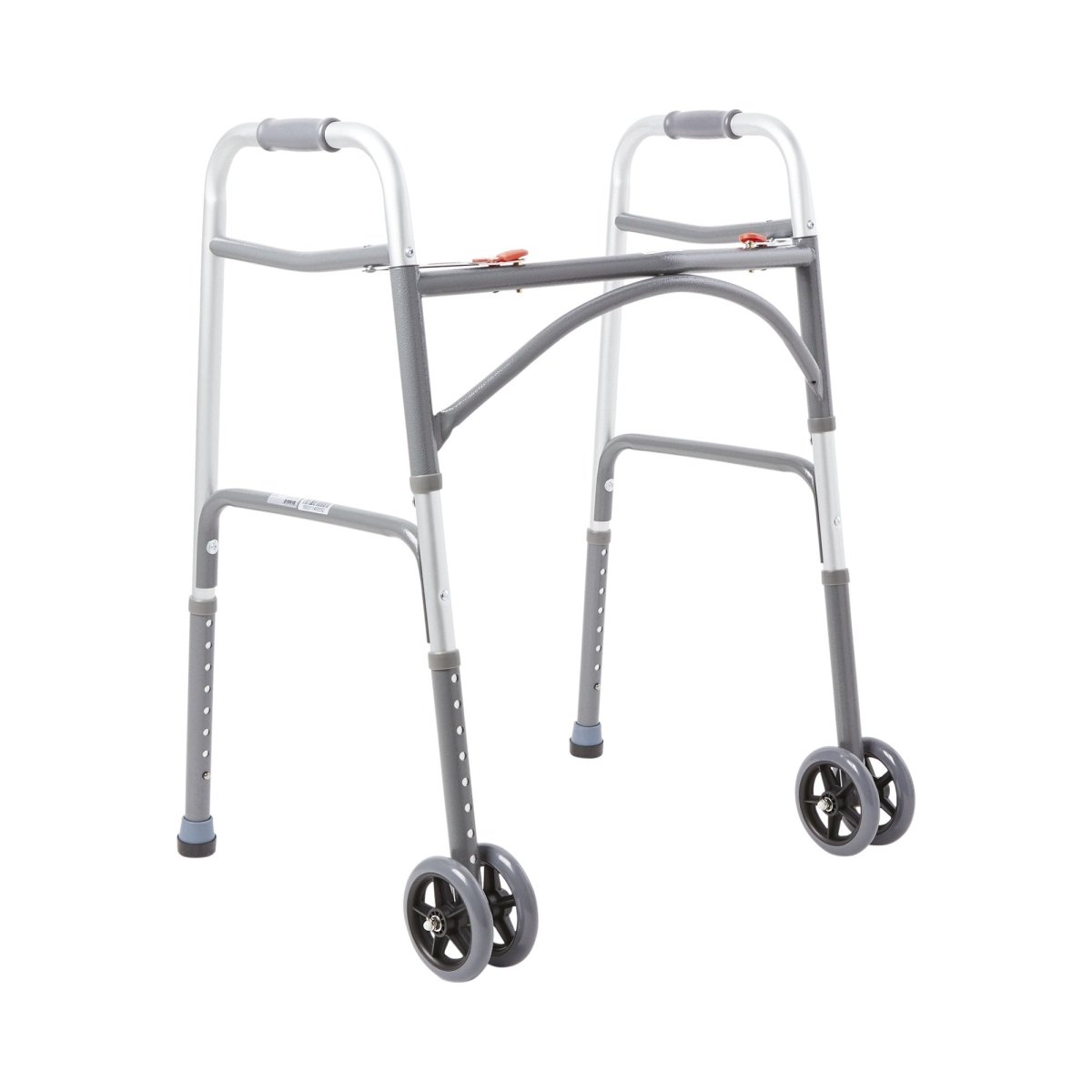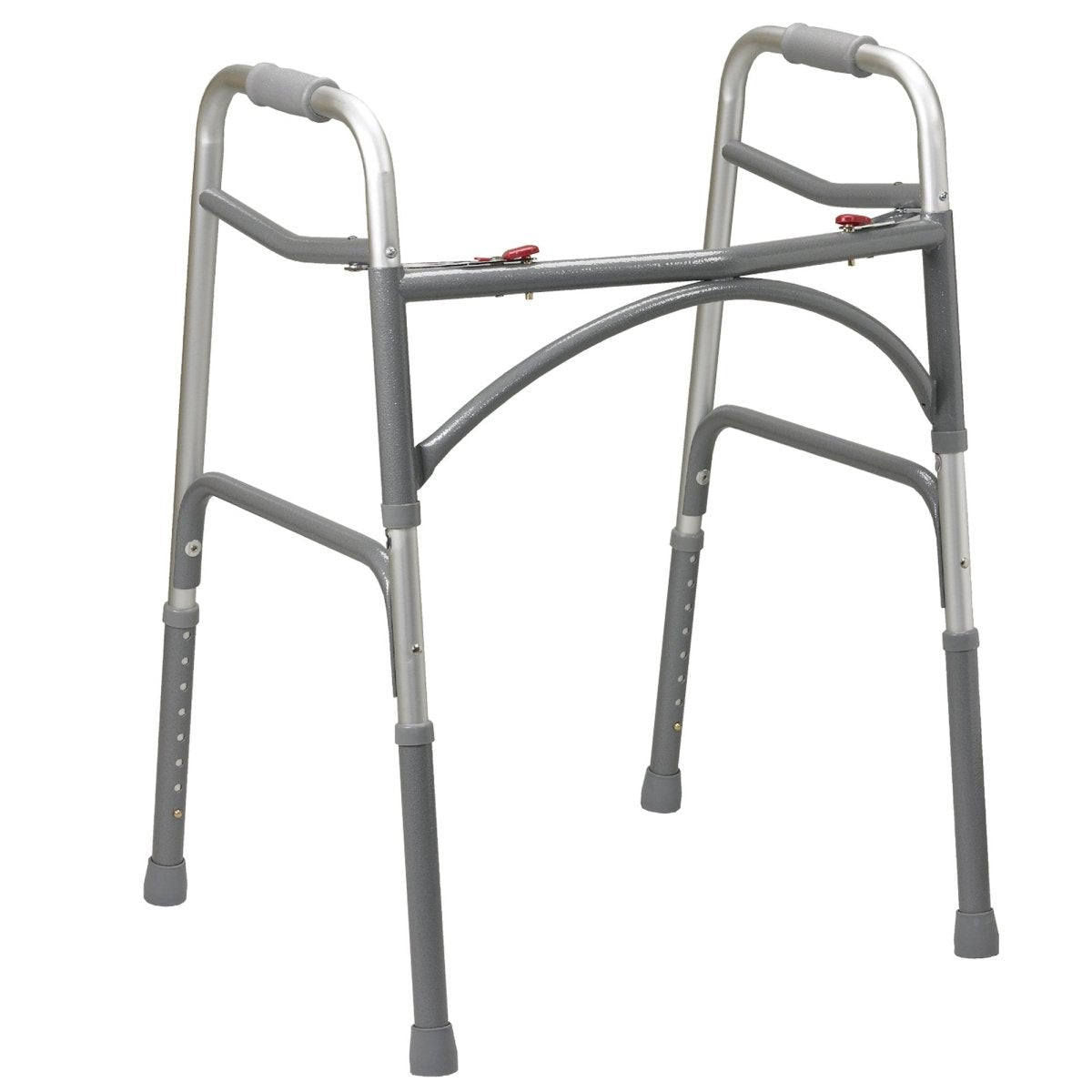Bariatric Walkers: Enhancing Mobility and Independence
Walking is an essential activity that promotes physical fitness and overall well-being. However, for individuals with limited mobility due to obesity or other health conditions, finding a suitable walker can be challenging. This is where bariatric walkers come into play. Designed specifically for heavier individuals, bariatric walkers offer enhanced support, stability, and durability, enabling users to regain their mobility and independence. In this article, we will explore the world of bariatric walkers, their benefits, different types, and essential features to consider when choosing one.
What are Bariatric Walkers?
Bariatric walkers are specialized mobility aids designed to accommodate individuals with higher weight capacities. Unlike standard walkers, bariatric walkers are constructed with sturdier frames and wider dimensions to provide better stability and support. These walkers are built to withstand heavier loads while ensuring ease of use and maneuverability.
Benefits of Bariatric Walkers
- Enhanced Support: Bariatric walkers are specifically engineered to provide increased support for individuals with higher weight capacities. They offer improved stability, reducing the risk of falls and accidents.
- Increased Durability: Bariatric walkers are built to be more robust, using heavy-duty materials to withstand higher weight loads. This ensures longevity and reliability, even with daily use.
- Improved Mobility: By using a bariatric walker, individuals with limited mobility can regain their independence and move around more freely. It allows them to engage in daily activities and participate in social interactions.
- Exercise and Rehabilitation: Bariatric walkers also serve as aids in physical therapy and rehabilitation programs, helping individuals gradually improve their strength, balance, and endurance.
Features to Consider When Choosing a Bariatric Walker
When selecting a bariatric walker, several key features should be taken into consideration:
Weight Capacity: It is essential to choose a bariatric walker with a weight capacity that comfortably accommodates the user's weight. Most bariatric walkers have weight capacities ranging from 300 to 500 pounds.
Frame and Design: Opt for a walker with a sturdy frame made from durable materials like steel or aluminum. The design should ensure stability and support without sacrificing maneuverability.
Height Adjustability: Look for a walker that offers height adjustability to ensure proper alignment and posture. This feature allows users to customize the walker's height to their specific needs.
Bariatric walkers play a crucial role in enhancing mobility and independence for individuals with higher weight capacities. By providing increased support, stability, and durability, these walkers enable users to regain their freedom of movement and participate in daily activities. When choosing a bariatric walker, consider the weight capacity, frame design, height adjustability, wheels, brakes, and portability. Remember to use the walker safely and effectively by making proper adjustments, following walking techniques, and practicing caution in maneuvering. With the right bariatric walker, individuals can improve their quality of life and enjoy greater freedom of mobility.
Frequently Asked Questions about Bariatric Walkers
Do you still have questions about Bariatric Walkers?
If we still haven't answered your question, you can contact us by phone or email and we will get back to you as soon as possible.


